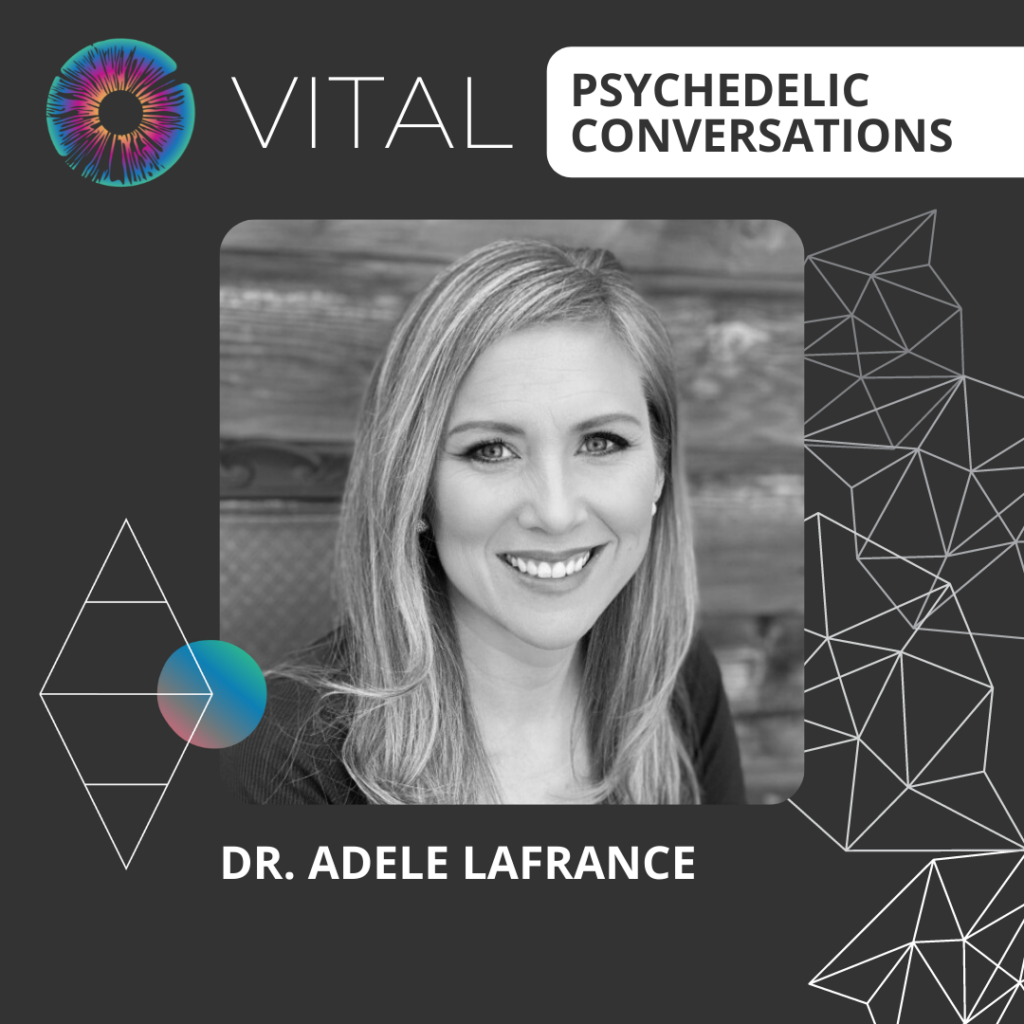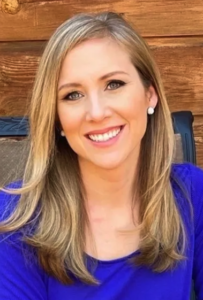
In this episode of Vital Psychedelic Conversations, Kyle interviews clinical psychologist, author, and researcher, Dr. Adele Lafrance.
Lafrance developed Emotion-Focused Family Therapy, which focuses on the role of the family in psychedelic work. Realizing that the healing process disrupts systems and that dealing with a loved one who is going through a massive shift can be quite challenging for their loved ones, the idea behind EFFT is teaching family and significant others emotion-processing and behavioral support skills, how to make therapeutic apologies, how to recognize defensiveness and not react in a knee-jerk way, and how to find problematic caregiving problems where families accommodate for mental health issues (and therefore perpetuate them). While not typical for adults to involve significant others or family in therapeutic processes, she has found that if done correctly, it can be extremely helpful.
She talks about anger: how we struggle with expressions of anger, the idea of healthy anger, and the ways psychedelics can help us move from rejecting anger to assertion. And she discusses the Hoffman Process; emotion coaching; the power of validation; similarities between EFFT and IFS; rolling with resistance; tips to incorporate family into therapy more; the concept of a shame hangover and checking in on “tomorrow you”; and that even with all the preparation in the world, there’s no way to adequately prepare someone for the vast array of possibilities within (and after) a psychedelic experience.
In addition to being one of the faculty of Vital (reminder that applications close on March 27th), Dr. Lafrance has a 4-Part, CE-approved EFFT Core Clinician Training course that begins April 4th. Click here for details.
Notable Quotes
“As a culture, we really, really struggle with healthy expressions of anger, both in delivering them and in receiving them, so we end up having these unconscious contracts with our loved ones where there’s this unspoken rule that we don’t …speak up for ourselves when we feel like things aren’t going okay, and both parties can be ‘okay’ with that. And one thing that psychedelics does …is that they help us connect to our healthy assertion, as a byproduct of the cultivation of self-love.”
“The paradox of rolling with resistance is that that’s exactly the most efficient route to releasing resistance.”
“There’s actually no way to adequately prepare for what might come. And so I’ve incorporated that – this idea [that] there could be major shifts that are highly disruptive, you might reconnect to old memories that you completely lost connection to that are not pleasant and that will shake your world, or, you can have an experience of self-love that helps clarify your path forward in your career, and anything in between. …We don’t know what can happen. We don’t know. It can be a smooth re-entry, or it can feel like your life blows up, and you need to be prepared for that. What I do know, though, is that it is way more likely that anything that happens will be in the service of creating a more aligned life for you. That, I do feel comfortable saying.”
“Integrity is about doing your ultimate best, being supported, asking for help, and then when you fall down, you pick yourself back up, you learn from your mistakes, and then you teach others.”
Links
DrAdeleLafrance.com: The Love Project
Clinicaltrials.gov: Psilocybin as a Treatment for Anorexia Nervosa: A Pilot Study
Chacruna.net: Ayahuasca and the Power of Forgiveness
Chacruna.net: Love and Psychedelic Psychotherapy: Bridging the Divide
DrAdeleLafrance.com: Events (4-Part, CE-approved EFFT Core Clinician Training/equivalent 2-Day Training with Dr. Adele Lafrance begins April 4th)
Sciencedirect.com: MDMA-assisted therapy significantly reduces eating disorder symptoms in a randomized placebo-controlled trial of adults with severe PTSD
Psychedelics Today: Rapid Depression Remission and the “Therapeutic Bends” with Ketamine-Assisted Psychotherapy
About Dr. Adele Lafrance

Adele is also leader in the research and practice of psychedelic medicine, with a focus on ayahuasca, MDMA, psilocybin and ketamine. Currently, she is the clinical investigator and strategy lead for the MAPS-sponsored MDMA-assisted psychotherapy study for eating disorders and a collaborator/clinical support on the Imperial College study for psilocybin and anorexia nervosa. She is a founding member of the Love Project.
Support the show!
- Patreon
- Leave us a review on Facebook or iTunes
- Share us with your friends
- Join our Facebook group – Psychedelics Today group – Find the others and create community.
Navigating Psychedelics



